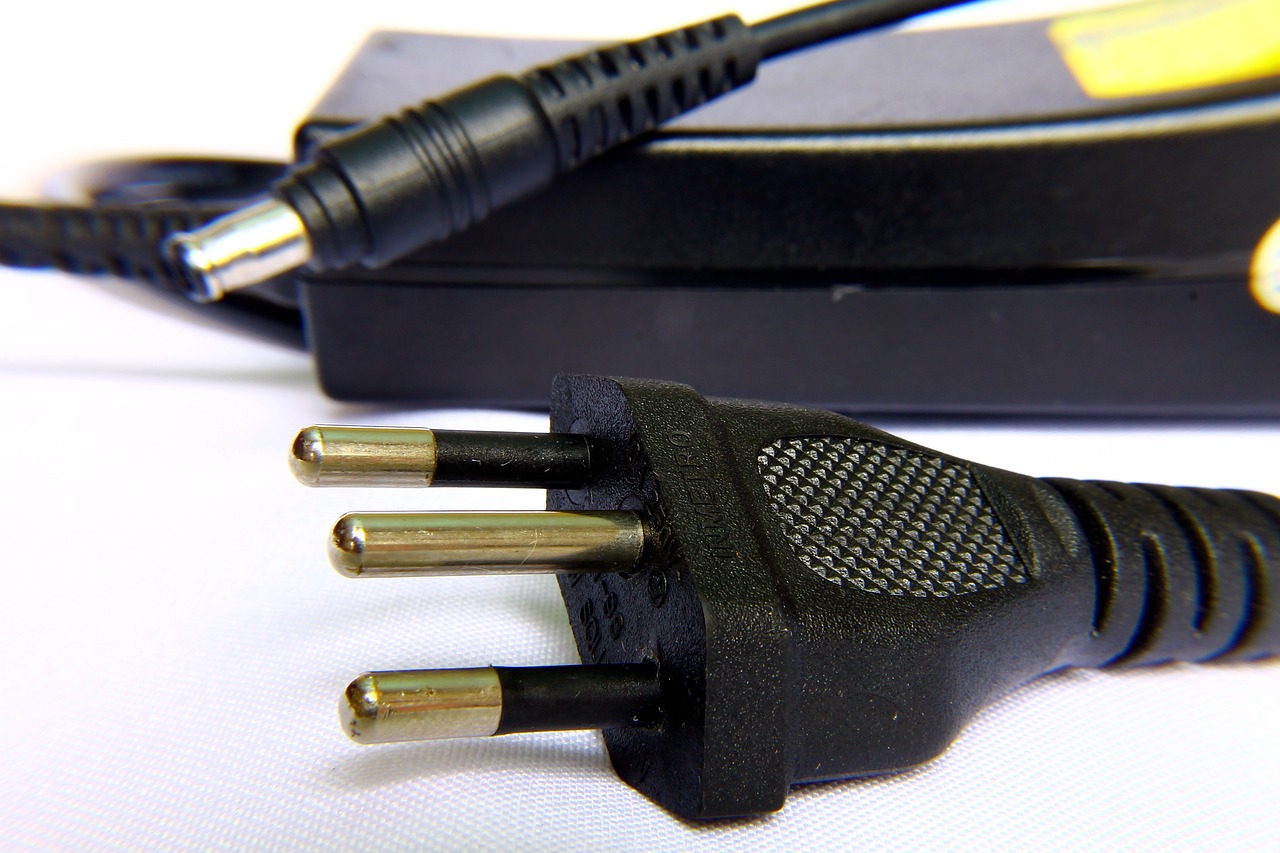Power outages can occur unexpectedly, leading to disruptions and damage to electronics. Having a UPS (Uninterruptible Power Supply) is important to ensure your devices run uninterrupted. A UPS serves as a backup power source, offering temporary power during outages and protecting against power surges and electrical problems. However, choosing the right UPS can be challenging due to the many options available. To assist you, we’ve created a concise buying guide to help you make an informed choice.
CONTENTS
Types of UPS
There are three main types of UPS systems: standby, line interactive, and online. Each type offers a different level of protection and power backup capability. Standby UPS systems are the most common and cost-effective option, providing basic protection from power outages. Line interactive UPS systems offer additional features such as voltage regulation to handle minor fluctuations in power. For those who require maximum protection, online UPS systems are the best choice. They continuously provide high-quality power and are ideal for sensitive equipment. Moreover, there are specialized options such as ruggedized UPS systems that are designed to withstand harsh environments and extreme conditions. Consider your specific needs before deciding on the type of UPS that is right for you.
Evaluating Your Power Needs
Before purchasing a UPS, evaluate your power needs and determine how much backup power you need. This will depend on the type of equipment you want to protect and the length of time you want it to run during an outage. For example, if you have critical servers or medical equipment, you may require a longer backup time compared to someone who just wants to keep their computer running during a power outage. Consider the wattage and voltage requirements of your devices as this will determine the size and capacity of UPS you need. Make sure to carefully assess your needs and choose a UPS with enough backup power to meet those needs.
Features and Specifications to Consider Before Buying a UPS
In addition to the type and size, there are several features and specifications that you should consider before purchasing a UPS. First, look at the capacity of the UPS in terms of voltage and wattage to ensure it can handle your equipment’s power requirements. You should also consider the number and type of outlets on the UPS, as well as any additional connectivity options such as USB or Ethernet ports. Other features to look for include automatic voltage regulation, surge protection, and battery monitoring. Lastly, pay attention to the size and weight of the UPS, as well as the availability of replacement batteries and warranty options.
Choosing the Right Size and Capacity for Your Equipment
You want to make sure the UPS can handle the power requirements of your equipment without being overloaded. This means looking at both the voltage and wattage ratings of the UPS and comparing them to your devices’ needs. Consider future growth or expansion when choosing the size and capacity of your UPS. You don’t want to outgrow your UPS and have to purchase a larger one shortly. Properly distribute the load among outlets to prevent overloading and ensure efficient use of the UPS’s capacity.
Factors Affecting UPS Performance and Efficiency
Several factors can affect the performance and efficiency of a UPS. One significant factor is the quality of the incoming power supply. If there are frequent power surges or fluctuations, it can put a strain on the UPS, reducing its lifespan and effectiveness in protecting your equipment. Therefore, addressing any underlying issues with your electrical system before installing a UPS is important. Another factor is the environment in which the UPS will be used. Extreme temperatures and humidity levels can affect the battery life and overall performance of a UPS. Regular maintenance, proper ventilation, and keeping the UPS in a clean and dry area can help improve its efficiency. Regularly testing the UPS and replacing batteries when needed can prolong its lifespan and ensure it is working at its best.
Comparing Brands and Prices
When it comes to purchasing a UPS, comparing brands and prices is an important step in finding the best value for your money. Look at reputable brands known for producing high-quality and reliable UPS systems. Consider reading reviews from other customers to get an idea of their experiences with different brands. Compare prices between different retailers or manufacturers to ensure you are getting the best deal possible. Take into account any extra features or warranties provided by various brands, as these elements can significantly enhance the overall value of your purchase.
A UPS is an essential investment for anyone looking to protect their devices and equipment from power outages and electrical issues. By following this buying guide and comparing brands and prices, you can confidently choose a UPS that best meets your requirements and provides the necessary backup power for your devices. Happy shopping!

Hey, I’m Jeremy Clifford. I hold a bachelor’s degree in information systems, and I’m a certified network specialist. I worked for several internet providers in LA, San Francisco, Sacramento, and Seattle over the past 21 years.
I worked as a customer service operator, field technician, network engineer, and network specialist. During my career in networking, I’ve come across numerous modems, gateways, routers, and other networking hardware. I’ve installed network equipment, fixed it, designed and administrated networks, etc.
Networking is my passion, and I’m eager to share everything I know with you. On this website, you can read my modem and router reviews, as well as various how-to guides designed to help you solve your network problems. I want to liberate you from the fear that most users feel when they have to deal with modem and router settings.
My favorite free-time activities are gaming, movie-watching, and cooking. I also enjoy fishing, although I’m not good at it. What I’m good at is annoying David when we are fishing together. Apparently, you’re not supposed to talk or laugh while fishing – it scares the fishes.

